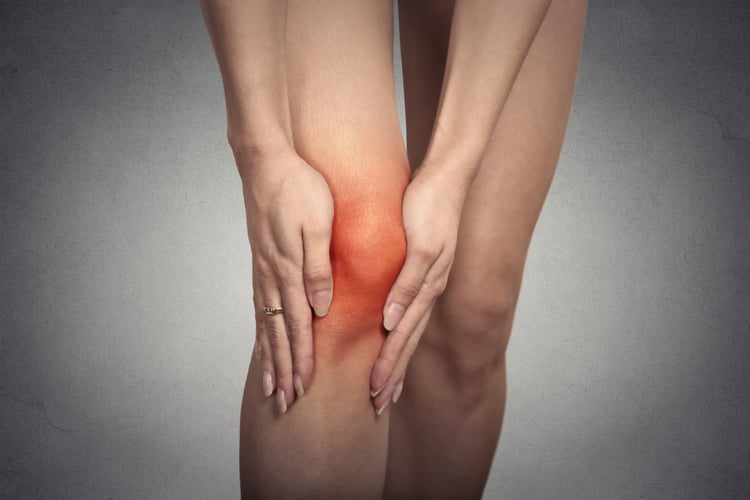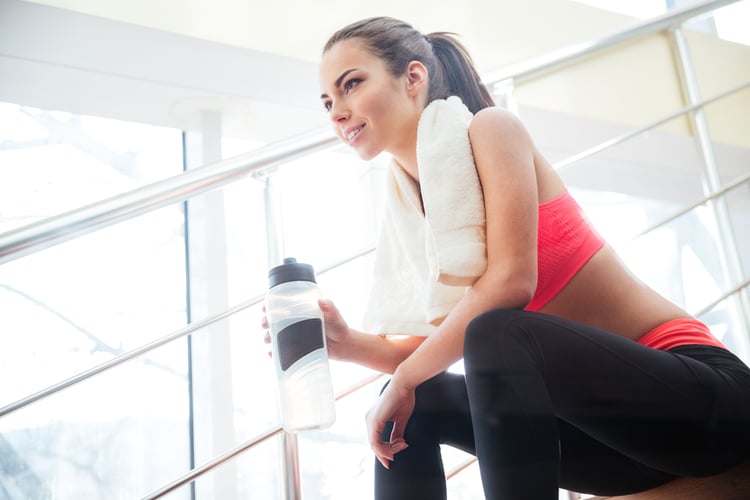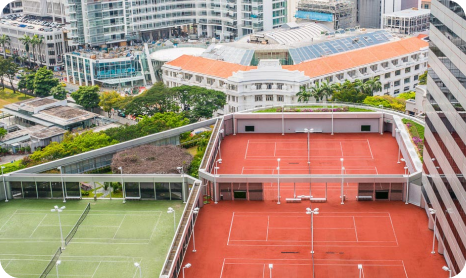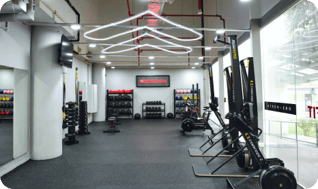It is impossible to avoid an injury.
The focus however, should be to try and reduce the likelihood and severity of injury when it occurs, but we cannot prevent injuries from occurring. Every sport has an inherent risk and every hobby has its own ‘common’ injuries. Fortunately, the benefits of sports and exercise participation far outweigh these risks.
If we could truly ‘prevent’ injuries there would be no role for a physiotherapist or any other rehabilitation professional. Professional athletes participate in all the commonly perceived ‘preventative measures’ and yet they continue to get injured. Risk cannot be totally eliminated. In the medical field the term ‘injury reduction’ is now more widely accepted than injury prevention. There. is some evidence to show that we can reduce the likelihood of an injury. In fact, research has suggested that injury rates could be reduced by as much as 50% if athletes make appropriate changes to their training.

In general, the more contact is present in a sport, the greater the risk of a traumatic injury. The most frequent types of sports injuries tend to be your sprains (injuries to ligaments), strains (injuries to muscles and tendons), and fractures (injuries to bones). Injury occurs when excessive stress is placed on these tendons, joints, bones and muscle. Those sports with less contact tend to cause injuries related to overuse or overload such as tendinopathy or muscle strains.
Here are some tips to implement into your exercise routine in order to minimize your chances of injuries. Following these tips does not guarantee you won’t get injured, but it could most certainly reduce the chances.
1. Appropriate physical fitness
Understand that a “weekend warrior” has a high rate of injury. If you participate in any sports, you should be adequately trained for it. The common misconception is that the sport itself would get you in shape. However, injuries can be reduced by following a regular strength and conditioning program designed for the specific demands of your sport.
2. Nutrition and Rest
As important as training is, so is rest and nutrition. Athletes that train consecutively for many days tend to be more likely to develop injuries. While many athletes go by the mantra of “more is better”, it is yet another misconception that the more training that you do in the short term, the better you will perform. What would be critical to your performance however, is rest and good nutrition to allow recovery from an intense training session.

3. Adequate Warm-Up
A proper warm up prepares not only the body, but also the mind. It helps to increase core temperature and blood flow, lubricates the joints, improves joint mobility, and primes the muscles and nervous system for the work out ahead. All of which is essential in reducing your risk of injuries.
4. Listen to your Body
When your body is fatigued and in pain, you need to pay attention to these warning signs provided by your body. Pushing through these signs can often lead to sports injuries.
5. Proper attire/ equipment
Always ensure that your equipment or attire is well fitted and not worn out.
Perform some of these exercises below to strengthen the muscles associated with common running injuries and to minimize your chances of them occurring.
- Step ups (3 sets of 8-12 repetitions, with/ without load)
- Lateral step ups (3 sets of 8-12 repetitions, with/ without load)
- Bulgarian split squat (3 sets of 8-12 repetitions, with/ without load)
- Prisoner Single leg Calf raise (3 sets of 10-15 repetitions)
- Soleus raise (3 sets of 10-15 repetitions, with/without load)
- Psoas March (3 sets of 10-15 repetitions with a mini band)
- Loaded carries/ marches (3 sets of 10 meters, load as heavy as possible)
It is usually time to see a physiotherapist when you are unable to manage your symptoms by yourself, function is limited, or activities of daily living are affected. If you do sustain a sports injury, a physiotherapist can help to guide your rehabilitation, including cardiovascular exercises, strengthening and mobility exercises to help decrease your chances of re-injury before returning to your sport. We can also provide education, exercises and guidance to lower your risk of injury in the future.
Looking to compete in your first virtual 5k? Learn more about the upcoming UFIT Corporate Run!


.png?width=301&height=187&name=Website%20Navigation%20Images%20(3).png)

-1.jpg?width=1984&height=1196&name=UFIT%20Club%20Street%20Front%20(4)-1.jpg)





